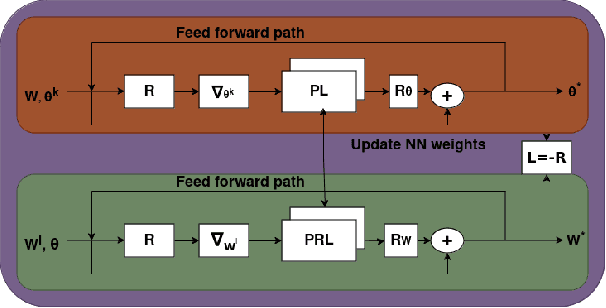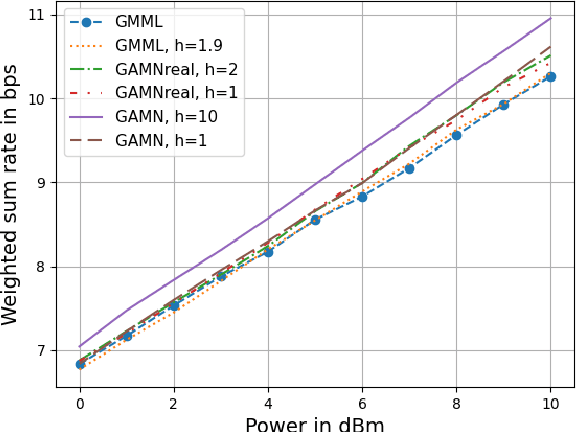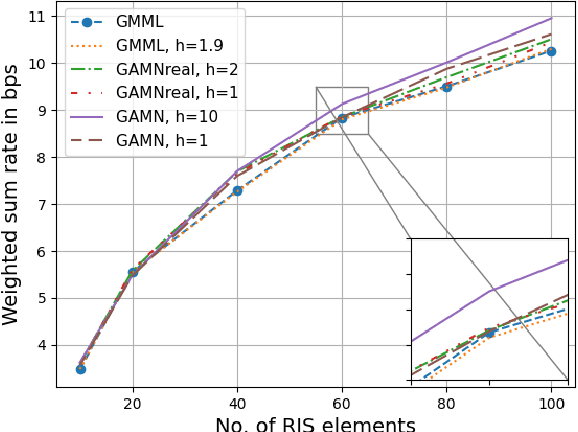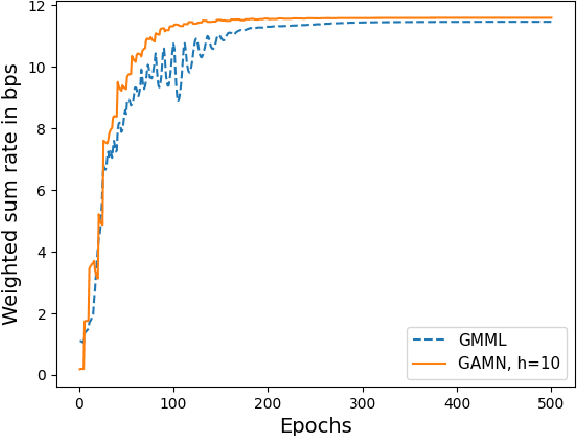Dahlia Devapriya
Structured Sparsity and Weight-adaptive Pruning for Memory and Compute efficient Whisper models
Oct 14, 2025Abstract:Whisper models have achieved remarkable progress in speech recognition; yet their large size remains a bottleneck for deployment on resource-constrained edge devices. This paper proposes a framework to design fine-tuned variants of Whisper which address the above problem. Structured sparsity is enforced via the Sparse Group LASSO penalty as a loss regularizer, to reduce the number of FLOating Point operations (FLOPs). Further, a weight statistics aware pruning algorithm is proposed. We also design our custom text normalizer for WER evaluation. On Common Voice 11.0 Hindi dataset, we obtain, without degrading WER, (a) 35.4% reduction in model parameters, 14.25% lower memory consumption and 18.5% fewer FLOPs on Whisper-small, and (b) 31% reduction in model parameters, 15.29% lower memory consumption and 16.95% fewer FLOPs on Whisper-medium; and, (c) substantially outperform the state-of-the-art Iterative Magnitude Pruning based method by pruning 18.7% more parameters along with a 12.31 reduction in WER.
Geometry Aware Meta-Learning Neural Network for Joint Phase and Precoder Optimization in RIS
Sep 17, 2024



Abstract:In reconfigurable intelligent surface (RIS) aided systems, the joint optimization of the precoder matrix at the base station and the phase shifts of the RIS elements involves significant complexity. In this paper, we propose a complex-valued, geometry aware meta-learning neural network that maximizes the weighted sum rate in a multi-user multiple input single output system. By leveraging the complex circle geometry for phase shifts and spherical geometry for the precoder, the optimization occurs on Riemannian manifolds, leading to faster convergence. We use a complex-valued neural network for phase shifts and an Euler inspired update for the precoder network. Our approach outperforms existing neural network-based algorithms, offering higher weighted sum rates, lower power consumption, and significantly faster convergence. Specifically, it converges faster by nearly 100 epochs, with a 0.7 bps improvement in weighted sum rate and a 1.8 dBm power gain when compared with existing work.
Probabilistic learning rate scheduler with provable convergence
Jul 10, 2024



Abstract:Learning rate schedulers have shown great success in speeding up the convergence of learning algorithms in practice. However, their convergence to a minimum has not been proven theoretically. This difficulty mainly arises from the fact that, while traditional convergence analysis prescribes to monotonically decreasing (or constant) learning rates, schedulers opt for rates that often increase and decrease through the training epochs. In this work, we aim to bridge the gap by proposing a probabilistic learning rate scheduler (PLRS), that does not conform to the monotonically decreasing condition, with provable convergence guarantees. In addition to providing detailed convergence proofs, we also show experimental results where the proposed PLRS performs competitively as other state-of-the-art learning rate schedulers across a variety of datasets and architectures.
 Add to Chrome
Add to Chrome Add to Firefox
Add to Firefox Add to Edge
Add to Edge